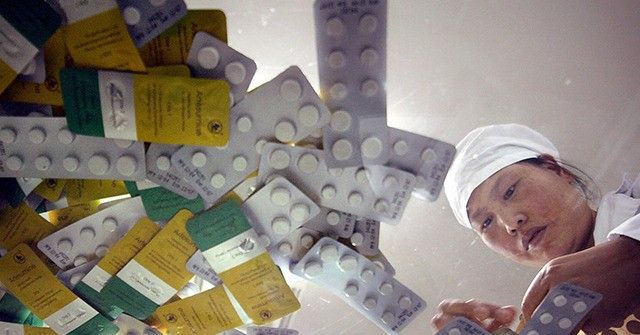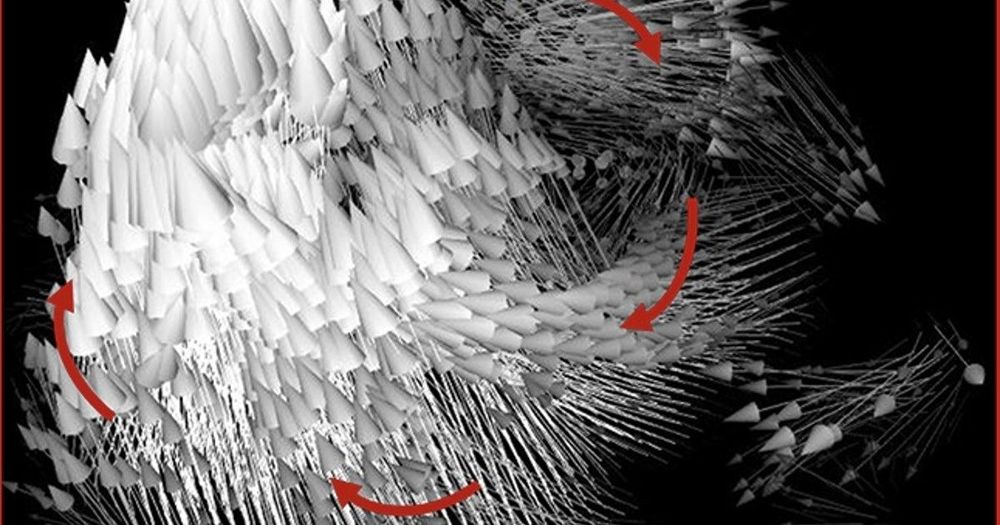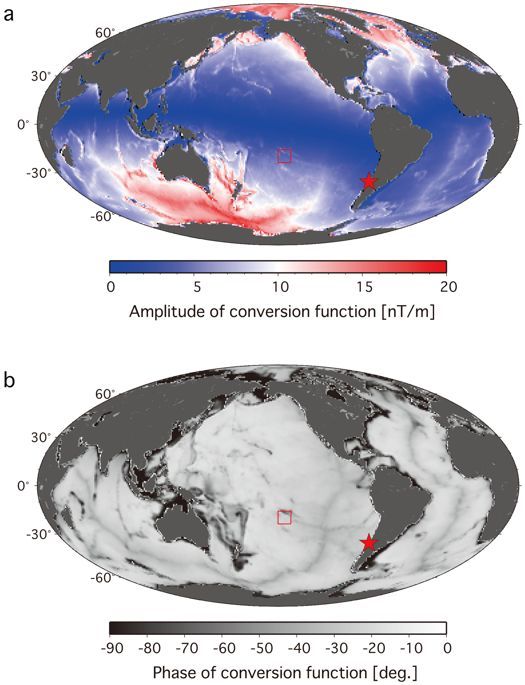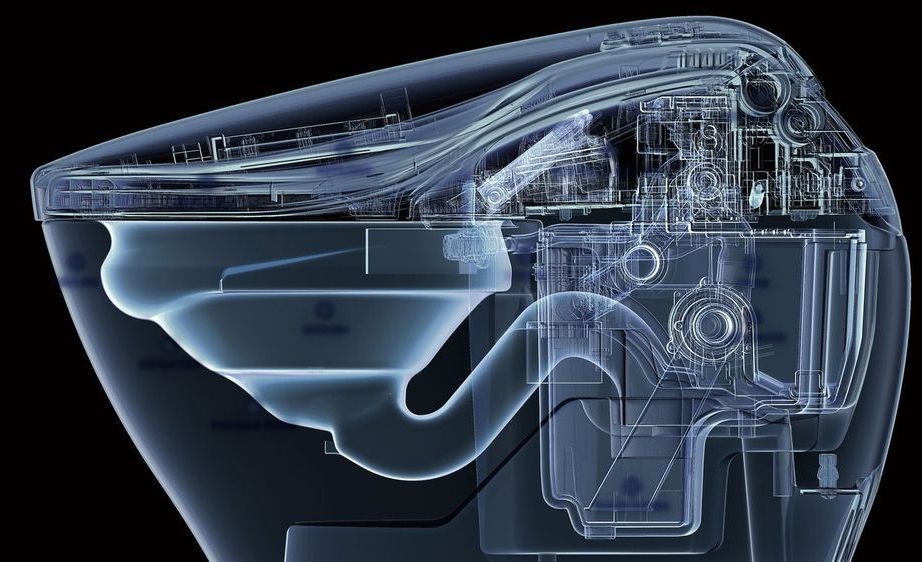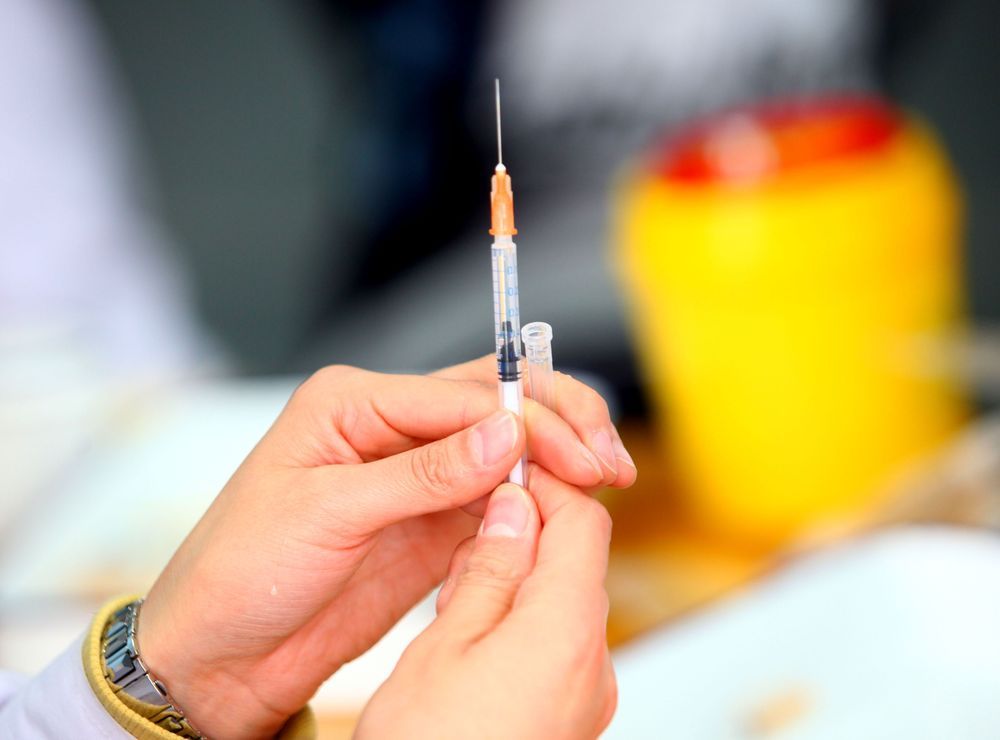Feb 27, 2020
Pope Francis sick a day after supporting coronavirus sufferers
Posted by Brent Ellman in category: biotech/medical
Pope Francis has come down with a “slight indisposition,” forcing him to cancel a planned Mass in Rome, just a day after he expressed his solidarity with coronavirus sufferers around the world — and as the disease continues to spread across Italy.
The illness has forced the 82-year-old pontiff to nix a penitential Mass, marking the start of Lent, that he’d planned to celebrate at the St. John Lateran basilica across town with Roman clergy, the Vatican said.
Francis will proceed with the rest of his planned work Thursday, but “preferred to stay near Santa Marta,” the Vatican hotel where he lives, officials said.

